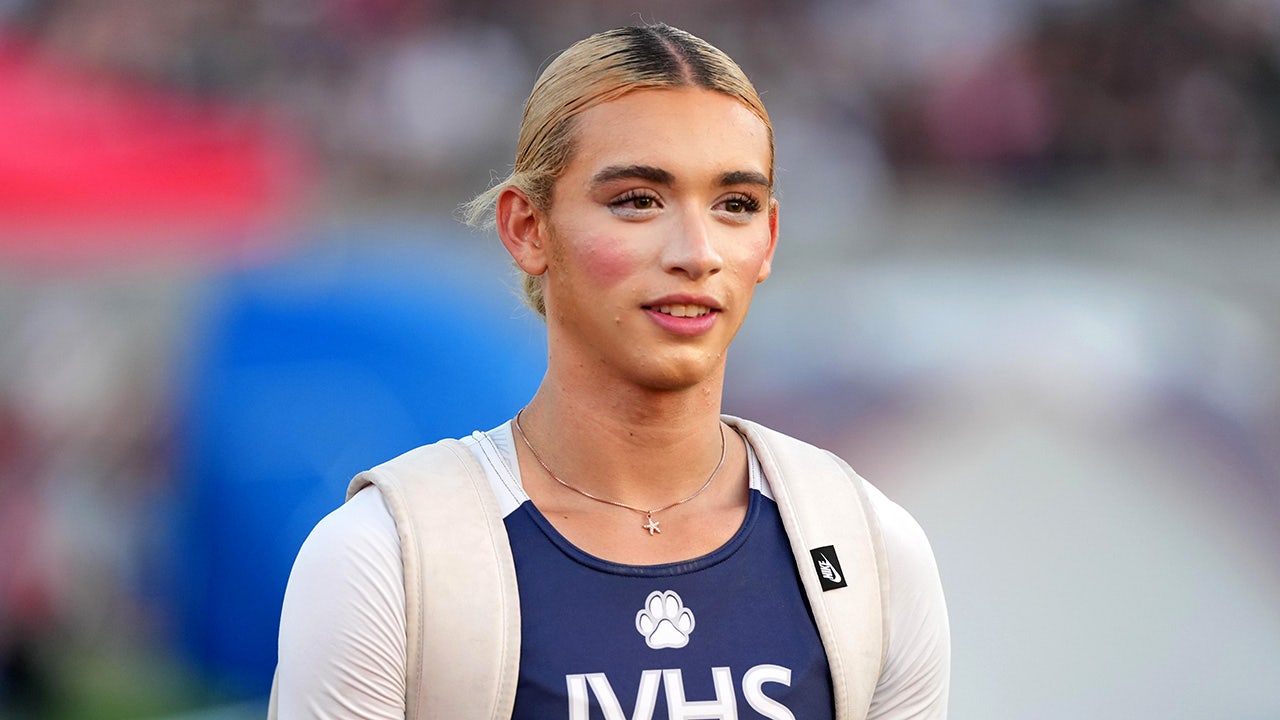California transgender athlete AB Hernandez fired back at critics who say the player should be barred from competing against girls' in sports.
Why it matters
- The debate around transgender athletes in sports highlights ongoing discussions about inclusion and fairness in competitive environments.
- AB Hernandez’s response to critics is sparking increased visibility and participation among girls in volleyball.
- The issue continues to divide opinions across various communities, including athletes, parents, and policymakers.
In a recent statement that has ignited discussions across social media platforms, California-based transgender athlete AB Hernandez has come out strongly against those who argue that she should not be allowed to compete in girls' sports. Hernandez, a dedicated volleyball player, has found herself at the center of a heated debate surrounding the participation of transgender individuals in competitive athletics. Critics claim that allowing Hernandez to compete with cisgender girls undermines the fairness of the sport, but she firmly believes that her participation is both valid and necessary.
Hernandez's journey as an athlete has been marked by resilience and determination. She has not only excelled on the volleyball court but has also become a vocal advocate for transgender rights in sports. In her recent responses to critics, she emphasized the importance of allowing all athletes, regardless of their gender identity, to pursue their passions and compete at their highest level. Hernandez stated, “I work hard every day to improve my skills and be the best teammate and player I can be. My identity does not diminish the effort or talent I bring to the game.”
The backlash against Hernandez is not unique; it mirrors a broader national discourse regarding the inclusion of transgender athletes in sports. Many states have enacted legislation aimed at restricting transgender participation in school sports, arguing that it creates an uneven playing field. However, advocates for transgender rights argue that these policies are discriminatory and fail to recognize the complexities of gender identity and athleticism.
Hernandez's case has drawn attention not only to her own situation but also to the growing participation of girls in volleyball. Many young athletes have expressed that seeing someone like Hernandez on the court inspires them to join and engage in the sport. The visibility of transgender athletes in competitive environments is crucial in fostering acceptance and understanding in sports culture. Hernandez remarked, “If my presence can encourage even one more girl to join the volleyball team, then I will continue to fight for my right to play.”
The increase in girls' participation in volleyball is a positive development for the sport, which has historically seen fluctuations in interest. Coaches and athletic organizations are noting a surge in enrollment since Hernandez began competing. Many believe that her visibility can help break down barriers and stereotypes, paving the way for a more inclusive environment in sports.
Critics of Hernandez's participation, however, remain adamant that competitive integrity is at stake. They argue that biological differences can create inherent advantages in physical sports, leading to unfair competition. This argument has been met with counterpoints from advocates who stress that sports should be a realm of inclusivity rather than exclusion. They cite numerous studies suggesting that performance differences are influenced by a range of factors, including training, experience, and dedication.
Despite the criticisms, Hernandez continues to advocate for herself and others in similar situations. Her voice has become a powerful tool for raising awareness about the challenges faced by transgender athletes. Along with her athletic pursuits, she has taken to social media to share her experiences and connect with others navigating similar paths.
As the debate continues, it is evident that Hernandez’s story is emblematic of a larger struggle within the sports community. The fight for inclusion is not solely about individual athletes; it reflects societal attitudes toward gender identity and the need for acceptance. Hernandez’s determination to compete and succeed in volleyball stands as a testament to the spirit of sportsmanship and the evolving landscape of athletics in a diverse society.
As discussions around this topic persist, it is crucial to approach the issue with empathy and an understanding of the different perspectives involved. Hernandez's courage in facing her critics and advocating for her right to compete serves as an important reminder that sports can be a unifying force, bringing together individuals from all walks of life to celebrate their shared passion for the game.











